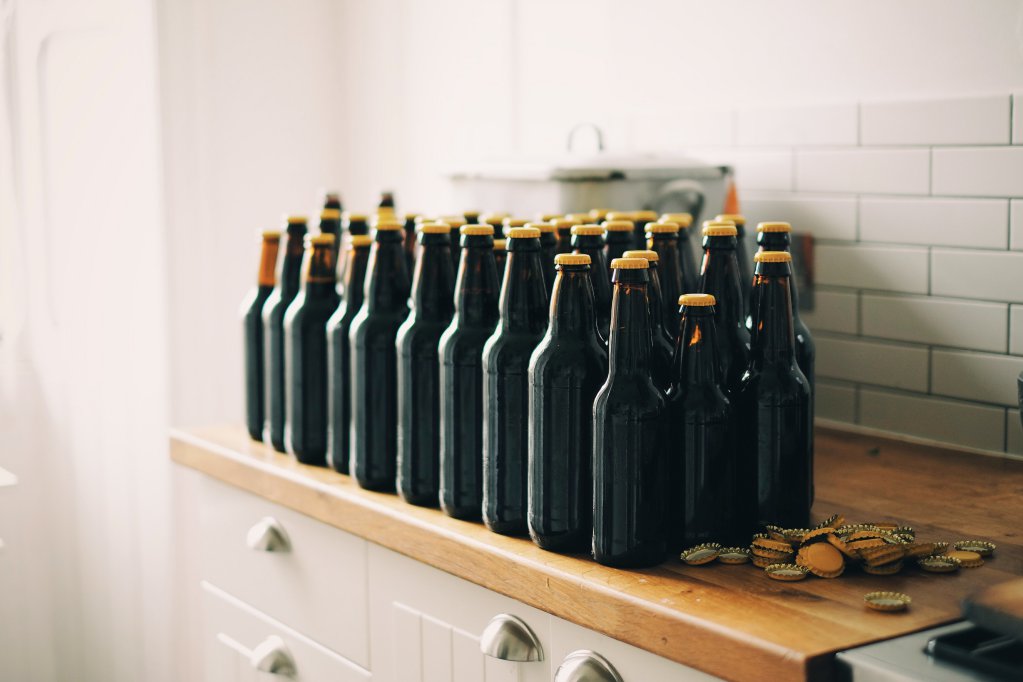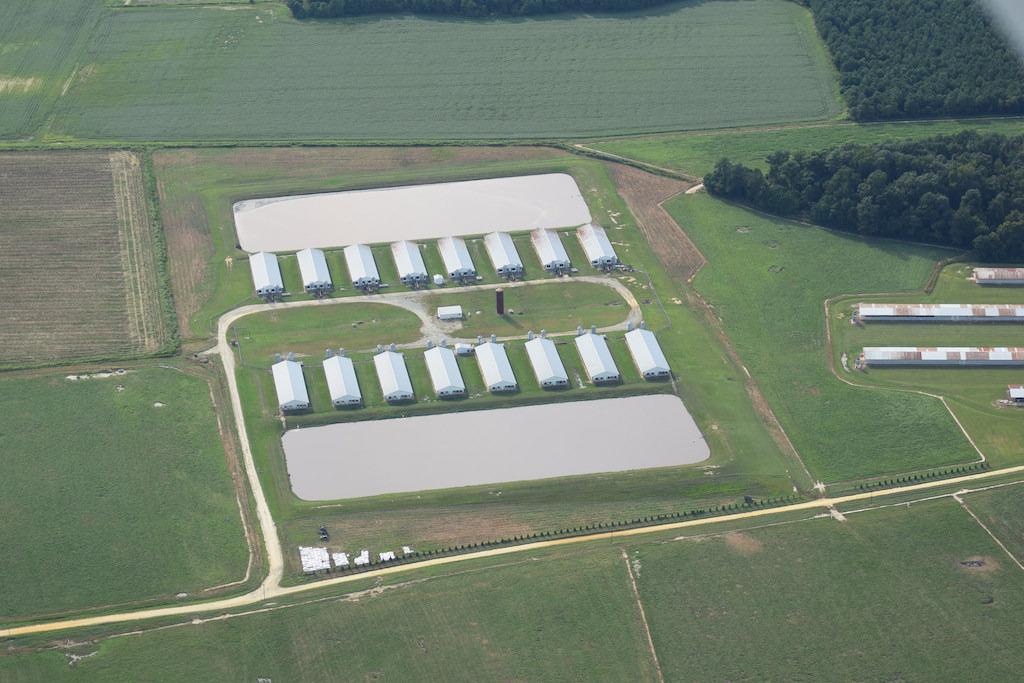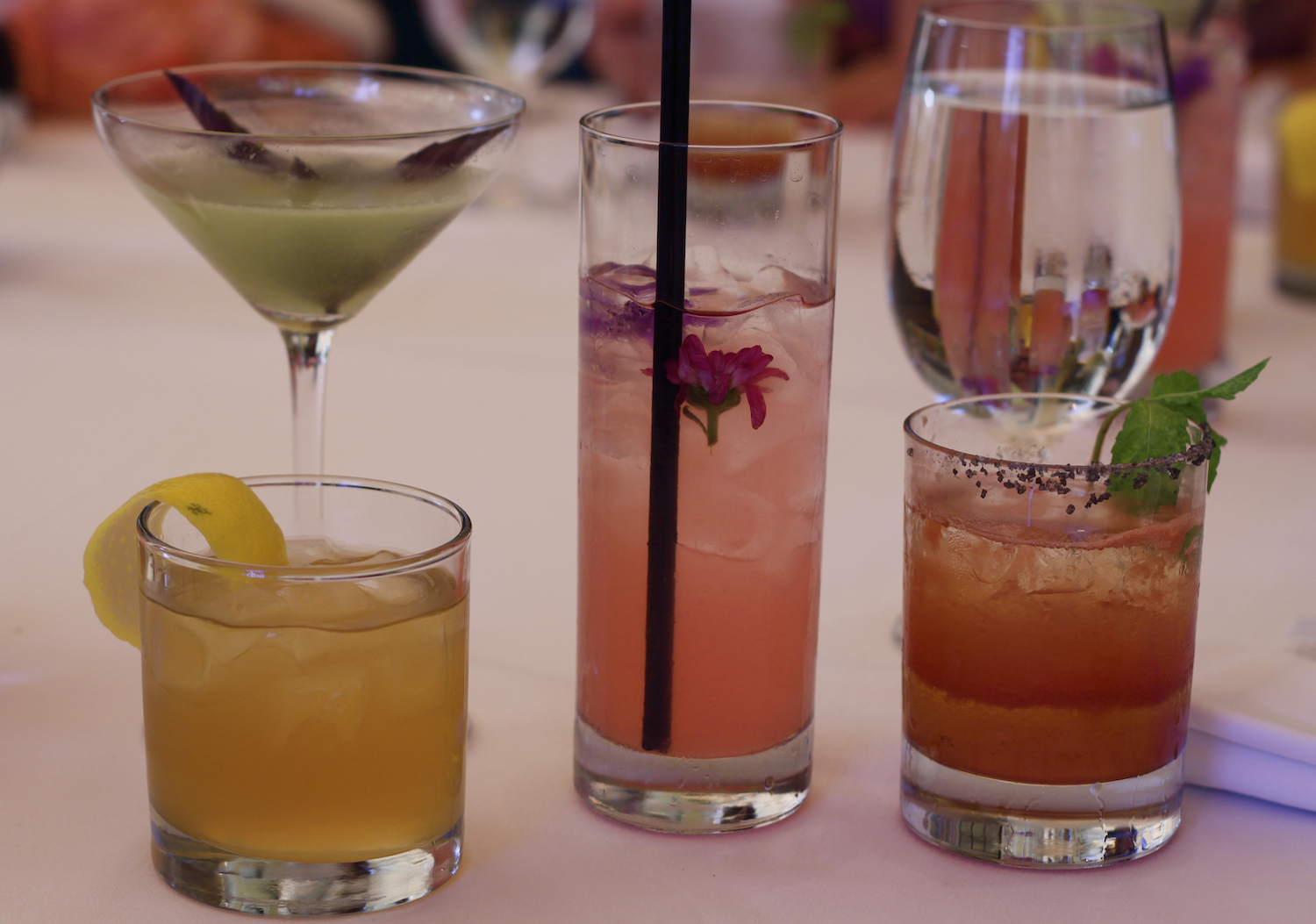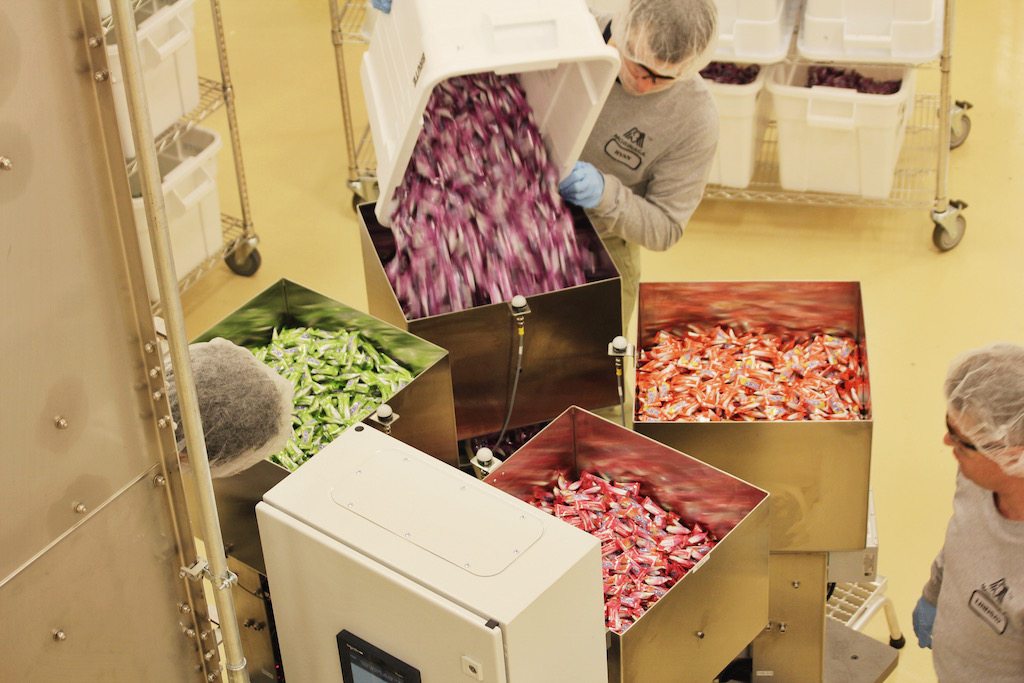99 barrels of beer. It’s safe to say the North Carolina craft beer industry’s cup runneth over: The number of breweries in the state quadrupled between 2010 and 2017. Small-scale suds represent an annual economic impact on the state of $1.2 billion. And now, some of those breweries want the state to raise the cap on just how much beer they’re allowed to sell before joining up with a distributor.
As it stands, craft breweries can self-distribute up to 25,000 barrels per year. But as some of the newer breweries reach maturity, they’re hoping they’ll be able to go it alone a little longer. A bill was introduced in the state legislature last month that would raise that cap by a factor of four, to 100,000 barrels.
Signing on with a distributor has its perks—access to big box stores, protection from profit loss due to damage—but it also comes with significant costs: Joe Satran at the Huffington Post explains that brewers earn about an 8 percent profit margin when working with a distributor. Distributors, on the other hand, walk home with a 20-25 percent profit. For small breweries that generate a lot of local interest and can sell all their beer nearby, the appeal of cutting out the middleman is obvious: more profit, less hassle.
As Jim Morrill explains in the News & Observer, distributors are a relic of Prohibition. When bootleggers realized legalization was on the horizon, they crafted a nice, institutionalized scheme for themselves. After all, Prohibition-era bootleggers had already created their intricate extra-legal districution networks, so—to maintain their control over alcohol profits, it’s not surprising that they slid effortlessly into the roles of distributors. These legacy distributors wield a lot of political power in North Carolina by way of their campaign contributions. Morrill cites statistics that show wholesale distributors in North Carolina contributed $1.5 million to political campaigns in the last four years. Which means a lot of state legislators may be under pressure to oppose the new plan.
Craft brewers have adopted anti-regulatory language to advance the proposal, a strategy they hope will prove successful given the state’s political climate. Advocates say “by promoting small, home-grown business, free enterprise and regulatory reform, they’re checking the boxes that a Republican-controlled legislature should like,” Morrill reports.
As the blog Good Beer Hunting points out, this scuffle is just the latest installment in an old rivalry between brewers and distributors. “The states change and the numbers fluctuate, but in the end, it’s more or less always a story about brewers facing off with wholesalers.” May the best brew win.











